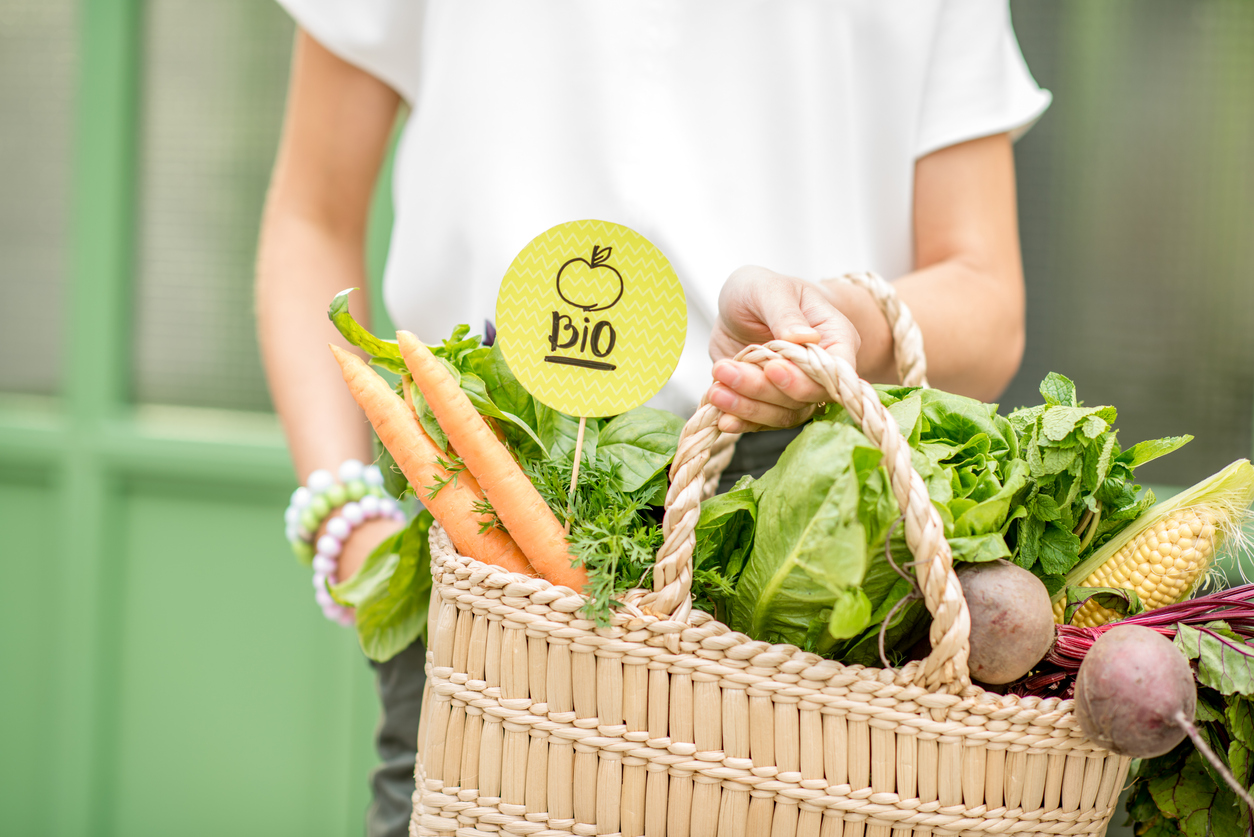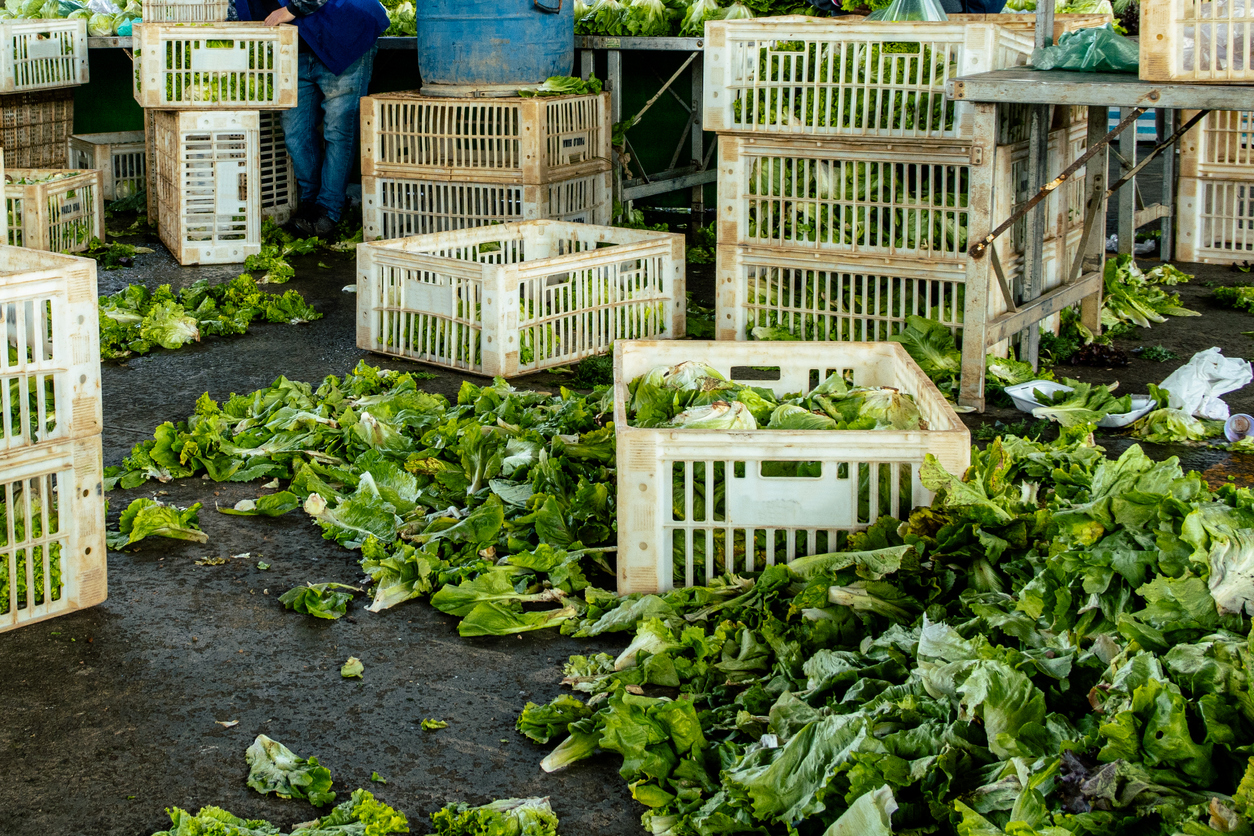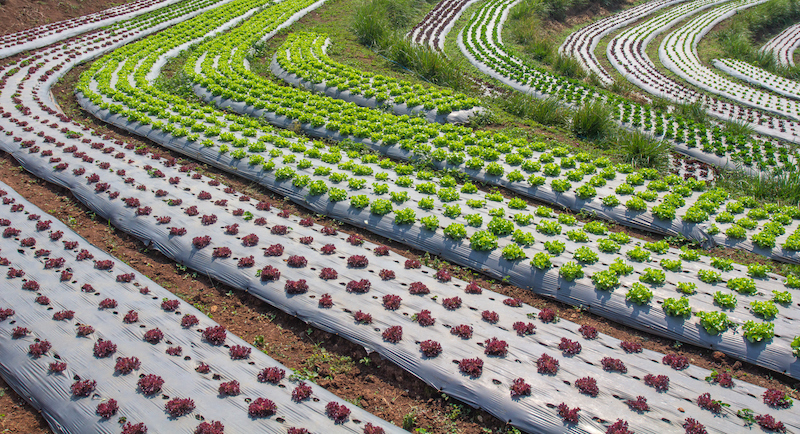Can the industry and academia solve the food skills shortage?
In the past few weeks, the resilience and agility of the food and drink industry has touched people everywhere. Those working across the industry around the globe are rightly recognised as the ‘hidden heroes’ in the battle against COVID-19. At the same time the industry is facing a significant skills shortage, with an estimated 140,000 recruits needed in food manufacturing alone by 2024.
In this podcast we join the Food and Drink Federation Scotland, the University of Nottingham, and IFSTAL to discuss why the industry is finding it difficult to recruit new hires, how the perception of careers in the industry can be changed to attract new employees, and how academia and business can work together to make a difference to help avoid a food skills shortage.
Food Matters Careers has launched to help connect the food and nutrition industry with academia and future employees to plug the food skills shortage, find out more about this new initiative here.
About our panel
Moira Stalker, Skills Manager, Food and Drink Federation Scotland
Moira manages FDF Scotland’s skills initiative – A Future in Food – which is funded by Scottish Government through Scotland Food & Drink. A Future in Food helps educators, students, careers influencers and parents better understand the wide variety of careers food and drink has to offer and the skills required by employers. To achieve this Moira work with schools, colleges, universities, industry and a very wide range of other stakeholder organisations to develop and deliver innovative activities. These help participants understand where their food comes from and how it gets to their plate.
Moira is passionate about raising the profile the food and drink industry and making it a career destination of choice for a new generation of recruits. Prior to joining FDF Scotland, Moira worked with Scottish Enterprise’s food and drink team. She also spent a number of years working as an Industrial Engineer.
Emma Weston, Associate Professor in Food Sciences, Faculty of Science, University of Nottingham
Emma studied Animal Physiology and Nutrition at Leeds University followed by a Masters Degree in Food Science. After working in Clinical Biochemistry research at the University of Oxford, Emma then moved into the food industry working initially as a Process Technologist, then in different Technical Management roles for over 14 years. She has experience in flour milling, bakery/snacks and a variety of chilled convenience food production operations.
Emma joined the University in May 2009 and gained her PGCHE within the University of Nottingham in December 2012 to support her predominately teaching role and has completed doctorate study part time. She is a Senior Fellow of the Higher Education Academy and a Member of the Institute of Food Science and Technology.
Emma specialises in translating Food Science principles into realistic modern manufacturing and retail applications for students. She is also responsible for the problem based learning teaching aspects within other Biosciences course structures.
Rosina Borrelli (Workplace Engagement Lead), IFSTAL
Rosina Borrelli has a background in change management consultancy and food education with a first degree in European Business with Technology and a mid-career Master’s in food. She has worked in a variety of areas of the food system including hospitality, manufacturing, retail and FMCG. Her most recent experience is with the Children’s Food Trust, the National Childbirth Trust and Slow Food where she specialised in early years food education. She has tri-sector experience and therefore brings a wide range of workplace skills and understanding to the programme.
Rosina is passionate about effecting change through your work-based learning experiences and your eventual options and choices after graduating. She connects the food sector with the programme and raises awareness of the value and uniqueness of IFSTAL participants while looking for possible and exclusive opportunities.
IFSTAL is a pioneering learning community and resource to enable a step change in food systems thinking. We have already built a large and diverse community of over 1500 food systems thinkers, including students from a wide range of backgrounds, alumni and workplace practitioners. IFSTAL is available to all postgraduate students enrolled at the participating institutions. The programme equips participants with the skills to apply critical interdisciplinary systems thinking to issues of long-term food security through fostering intra- and inter-institution activities, and the means for taking new learning to the work-place.















